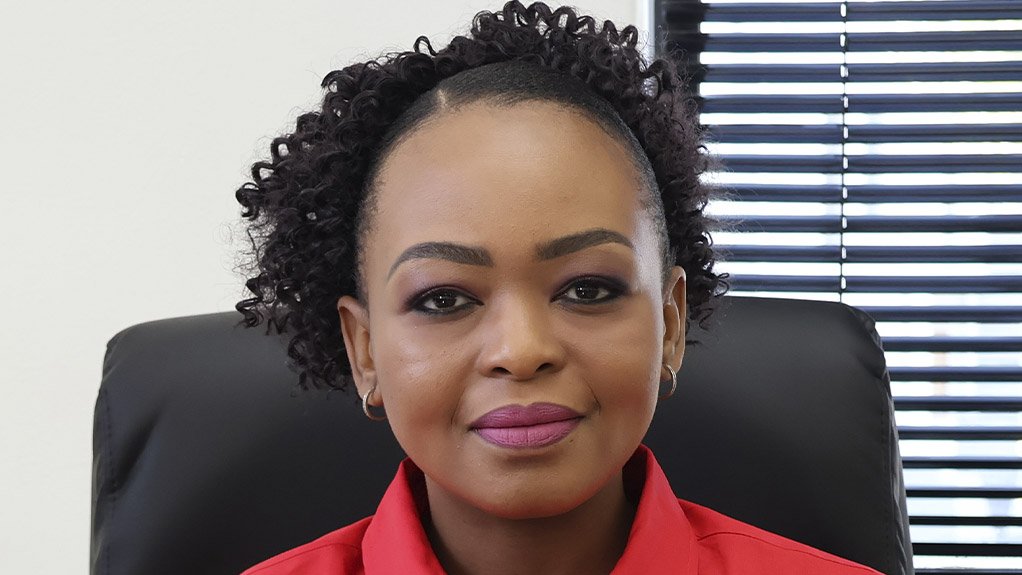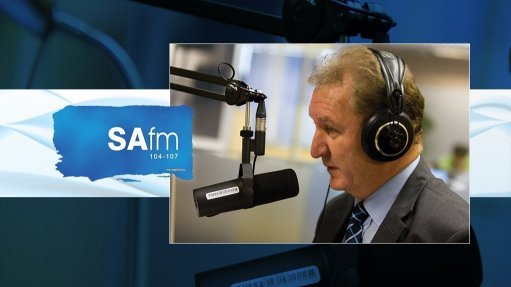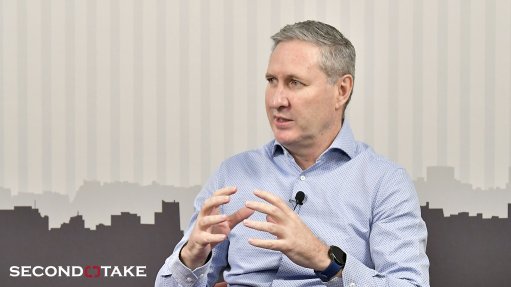Advancing women representation in mining by aligning project decisions in the interest of women and the impact it will have. Determining the gender impact assessment & participation of females
This article has been supplied by the author and has not been written or solicited by Creamer Media. It may be available only for a limited time on this website.
By Mbali Milanzi, Commercial Director at Tshepa Basadi (pty) ltd
If true gender equality existed in the workplace, we could boost the South African economy by R 175 billion annually. Could that be possible? It could – with strategic, intentional actions.
I recently had the honour of speaking at the Annual Women in Mining conference. I was asked to discuss how mining projects contribute to societal value and the crucial role women can play as service providers to mines.
Projects are crucial levers for mining organisations, ensuring sustainability and profitability. But its often-overlooked partner, procurement, poses challenges, especially concerning the role of women in this space.
In my presentation, I looked at whether women are adequately involved, and if not, why? More importantly, why is it essential to change the status quo?
Mining as an Enabler for Change
You know the old saying, "You can’t see the wood for the trees? I believe this is what is happening in the mining industry. Sometimes, we need to step back to gain some perspective on the actual influence and potential for change within our industry. So, let’s take a look at the bigger picture.
The mining industry, contributing 8% to SA's GDP, allocates 22% of this to procurement, amounting to R107.7 billion annually. However, entering through procurement is a challenge for women-owned businesses. The struggles raise important questions about the ability of female-owned businesses to thrive in this environment and the impact of their participation.
Mining Industry Performance on BEE Spend
Exploring where the procurement spend goes, we discover that 75% of R107.7 billion annually goes to black entities, indicating significant progress in BEE.
The progress for women, however, remains elusive. National statistics reveal that only 22% of South African businesses are owned by women.
Of the 22%, 59% of those women-owned businesses operate in the retail, restaurant, food shops and domestic services industry. A further 20% operate in the agricultural space.
At best, 20% of the 22% of these women-owned businesses in South Africa are technical companies.
With statistics like these, the question is whether there really is transformation in the procurement sector.
Why is Women’s Participation so Low?
On closer examination, I identified a few possible reasons for low participation. Although there are no statistics to back this, I suspect women often don’t bid. They probably don’t bid because they are not in the selection or preferred supplier pool.
And when they’re in the selection pool, other challenges arise – like biases and lack of track record. Even if the company is a 100% black female, level 1 BBBEE contributor, it doesn’t make a difference. All the other players are Level 1, too. Too often, the system is rigged to favour whomever the project owner prefers.
So, How do we Change the Status Quo?
To increase women's participation, I propose a gradual but intentional progression. Men and women, owners and sponsors, are called to be intentional about setting aside work for black women-owned companies and to split the scope into manageable packages, ensuring a healthy pipeline of opportunities.
Simultaneously, mines must address barriers to entry by eliminating biases, providing access to capital, being intentional in sponsorship, and providing access to capital and development programs for women-owned businesses.
Women need to take a proactive stance, too. Women entrepreneurs should focus on networking, collaboration, and development programs.
The Impact of Women's Participation
So, if we could wave a magic wand and create a system where true gender parity existed – what would be the result? According to a 2015 McKinsey report, the global GDP could increase by 11% annually and boost the global economy by $28 trillion (US), equivalent to the combined US and China economies. 1
In the South African context, that means women-owned businesses could generate R 175 billion per year and almost one million jobs. Clearly, the impact on the economy would be immense.
The potential for women to positively impact the mining industry and society at large is undeniable. Choosing women-owned businesses is not just a compliance requirement but a strategic move towards economic success and positive societal change. And we all can make a difference.
Comments
Announcements
What's On
Subscribe to improve your user experience...
Option 1 (equivalent of R125 a month):
Receive a weekly copy of Creamer Media's Engineering News & Mining Weekly magazine
(print copy for those in South Africa and e-magazine for those outside of South Africa)
Receive daily email newsletters
Access to full search results
Access archive of magazine back copies
Access to Projects in Progress
Access to ONE Research Report of your choice in PDF format
Option 2 (equivalent of R375 a month):
All benefits from Option 1
PLUS
Access to Creamer Media's Research Channel Africa for ALL Research Reports, in PDF format, on various industrial and mining sectors
including Electricity; Water; Energy Transition; Hydrogen; Roads, Rail and Ports; Coal; Gold; Platinum; Battery Metals; etc.
Already a subscriber?
Forgotten your password?
Receive weekly copy of Creamer Media's Engineering News & Mining Weekly magazine (print copy for those in South Africa and e-magazine for those outside of South Africa)
➕
Recieve daily email newsletters
➕
Access to full search results
➕
Access archive of magazine back copies
➕
Access to Projects in Progress
➕
Access to ONE Research Report of your choice in PDF format
RESEARCH CHANNEL AFRICA
R4500 (equivalent of R375 a month)
SUBSCRIBEAll benefits from Option 1
➕
Access to Creamer Media's Research Channel Africa for ALL Research Reports on various industrial and mining sectors, in PDF format, including on:
Electricity
➕
Water
➕
Energy Transition
➕
Hydrogen
➕
Roads, Rail and Ports
➕
Coal
➕
Gold
➕
Platinum
➕
Battery Metals
➕
etc.
Receive all benefits from Option 1 or Option 2 delivered to numerous people at your company
➕
Multiple User names and Passwords for simultaneous log-ins
➕
Intranet integration access to all in your organisation



















